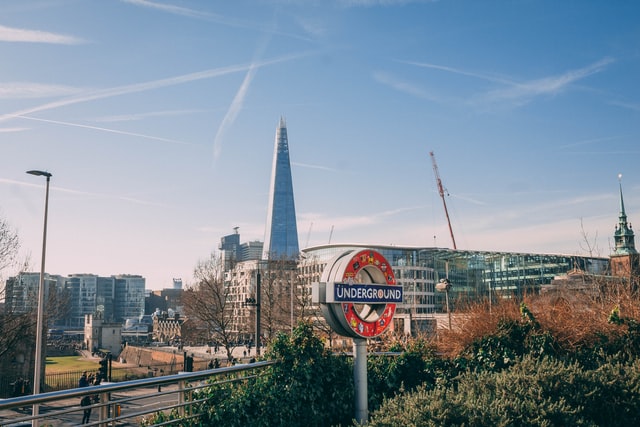There are some very real symptoms of Britain’s slow slide downwards
Enlarge

Any consideration of Britain’s place in the world today (as well as the so-called “saviour narrative”) should factor in a key point: by some measures, real wages in the UK are lower than they were 15 years ago and will probably be even lower next year.
In fact, The Atlantic recently carried a musings on the subject of Britain’s slow slide into poverty. It bore the dismal headline “How the U.K. Became One of the Poorest Countries in Western Europe”. And it tossed around phrases such as a “decades-long economic dysfunction”, “calamity” and “pretty poor for a rich place”.
Overstated? Over-egged? To be fair, staff writer Derek Thompson does show his workings.
His argument is that even though Britain gave the world modern capitalism and the Industrial Revolution, its response to the post-World War II order picked the frothy financial sector rather than the solidity of industry.
With its economy growing slower than those of much of continental Europe, Mr Thompson says that the Brits engaged in national debate on the subject by the 1970s and arrived at a different conclusion to other Western European countries. “Under Prime Minister Margaret Thatcher in the 1980s, markets were deregulated, unions were smashed, and the financial sector emerged as a jewel of the British economy. Thatcher’s injection of neoliberalism had many complicated knock-on effects, but from the 1990s into the 2000s, the British economy roared ahead, with London’s financial boom leading the way. Britain, which got rich as the world’s factory in the 19th century, had become the world’s banker by the 21st.”
But when the global financial crisis hit in 2008, “it hit hard, smashing the engine of Britain’s economic ascent. Wary of rising deficits, the British government pursued a policy of austerity, fretting about debt rather than productivity or aggregate demand. The results were disastrous. Real wages fell for six straight years. Facing what the writer Fintan O’Toole called ‘the dull anxiety of declining living standards,’ conservative pols sniffed out a bogeyman to blame for this slow-motion catastrophe. They served up to anxious voters a menu of scary outsiders: bureaucrats in Brussels, immigrants, asylum seekers—anybody but the actual decision makers who had kneecapped British competitiveness. A cohort of older, middle-class, grievously nostalgic voters demanded Brexit, and they got it.”
All of this came about, according to The Atlantic, because in the past three decades, Britain choose finance over industry, government austerity over investment and a closed and poorer economy over an open and richer one. Symptoms abound. Automation (or lack of). Productivity (or lack of). Political vision (or lack of). We’ll next explore those symptoms.
Also read:

